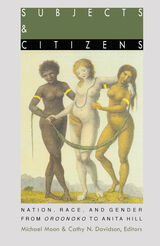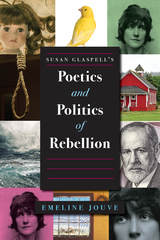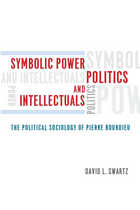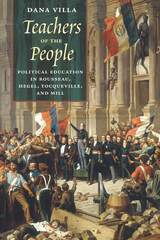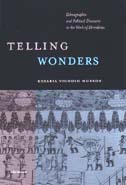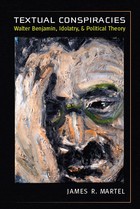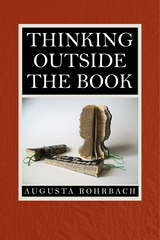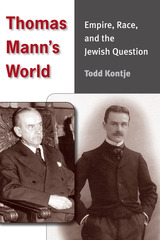A Calligraphy of Days: Selected Poems
Seagull Books, 2024
eISBN: 978-1-80309-419-9 | Paper: 978-1-80309-418-2
See other books on: Calligraphy | Days | Poetry | Selected Poems
See other titles from Seagull Books
eISBN: 978-1-80309-419-9 | Paper: 978-1-80309-418-2
ABOUT THIS BOOK | AUTHOR BIOGRAPHY | REVIEWS
ABOUT THIS BOOK
Verses that oscillate between the turmoil of post-communist Eastern Europe to understated reflections on grief and mortality.
The sixty-four poems in A Calligraphy of Days reflect Krzysztof Siwczyk’s wide-ranging and variegated style. Born in 1977, Siwczyk has lived most of his life in the Silesian city of Gliwice. In 1995, he became a wunderkind of the Polish poetry scene with his debut volume Wild Kids, an edgy and unsentimental narrative of youthful tribulations and urban malaise during Poland’s transition from communism to capitalism. Siwczyk’s poems careen down the page at great speed, relying on clever turns of phrase or an idea that illuminates a larger meaning. As in calligraphy, a meandering subterranean process connects meaning and memory, thought and verse. Teased to the surface, words and images emerge in rapid, terse, and precise bursts.
Throughout his career, Siwczyk has never ceased to challenge our sense of who we are—changing course multiple times in the process. Following several volumes full of expansive lines, his most recent works offer spare meditations on illness and grief. Clipped and understated, these post-Holocaust poems address our inability to speak of death and tragedy.
The sixty-four poems in A Calligraphy of Days reflect Krzysztof Siwczyk’s wide-ranging and variegated style. Born in 1977, Siwczyk has lived most of his life in the Silesian city of Gliwice. In 1995, he became a wunderkind of the Polish poetry scene with his debut volume Wild Kids, an edgy and unsentimental narrative of youthful tribulations and urban malaise during Poland’s transition from communism to capitalism. Siwczyk’s poems careen down the page at great speed, relying on clever turns of phrase or an idea that illuminates a larger meaning. As in calligraphy, a meandering subterranean process connects meaning and memory, thought and verse. Teased to the surface, words and images emerge in rapid, terse, and precise bursts.
Throughout his career, Siwczyk has never ceased to challenge our sense of who we are—changing course multiple times in the process. Following several volumes full of expansive lines, his most recent works offer spare meditations on illness and grief. Clipped and understated, these post-Holocaust poems address our inability to speak of death and tragedy.
See other books on: Calligraphy | Days | Poetry | Selected Poems
See other titles from Seagull Books

